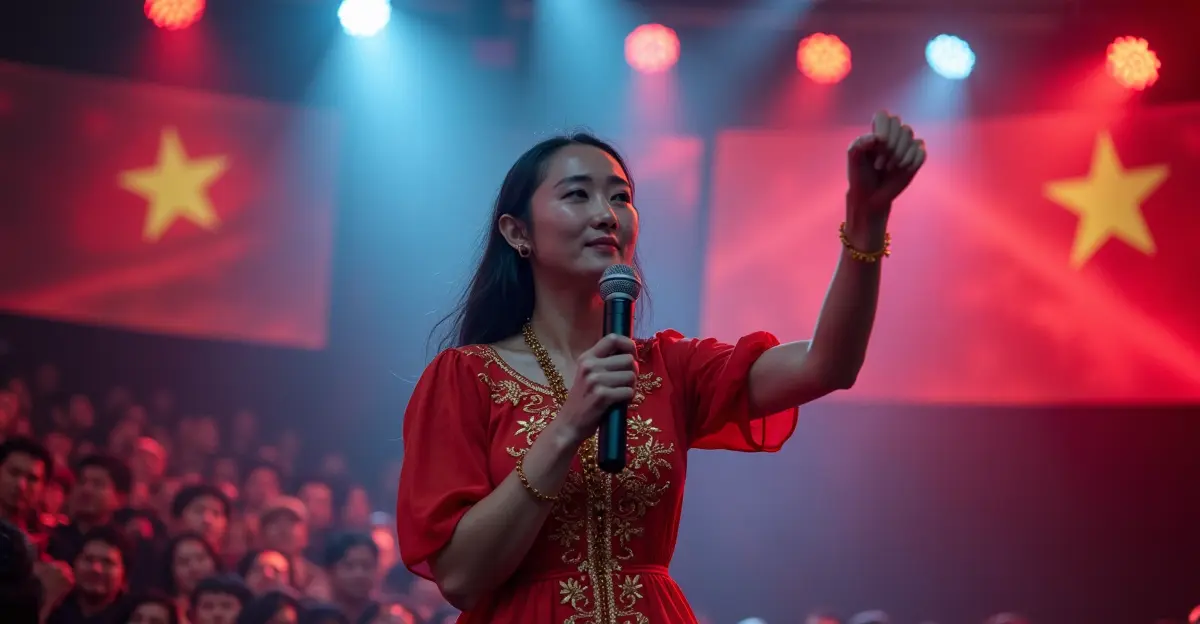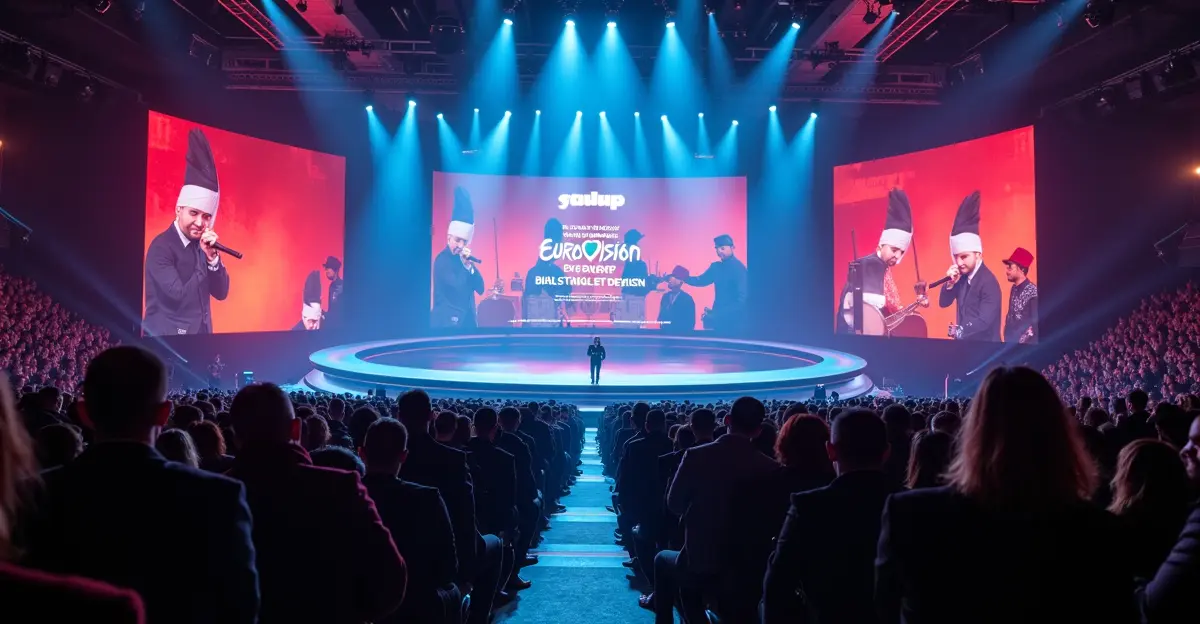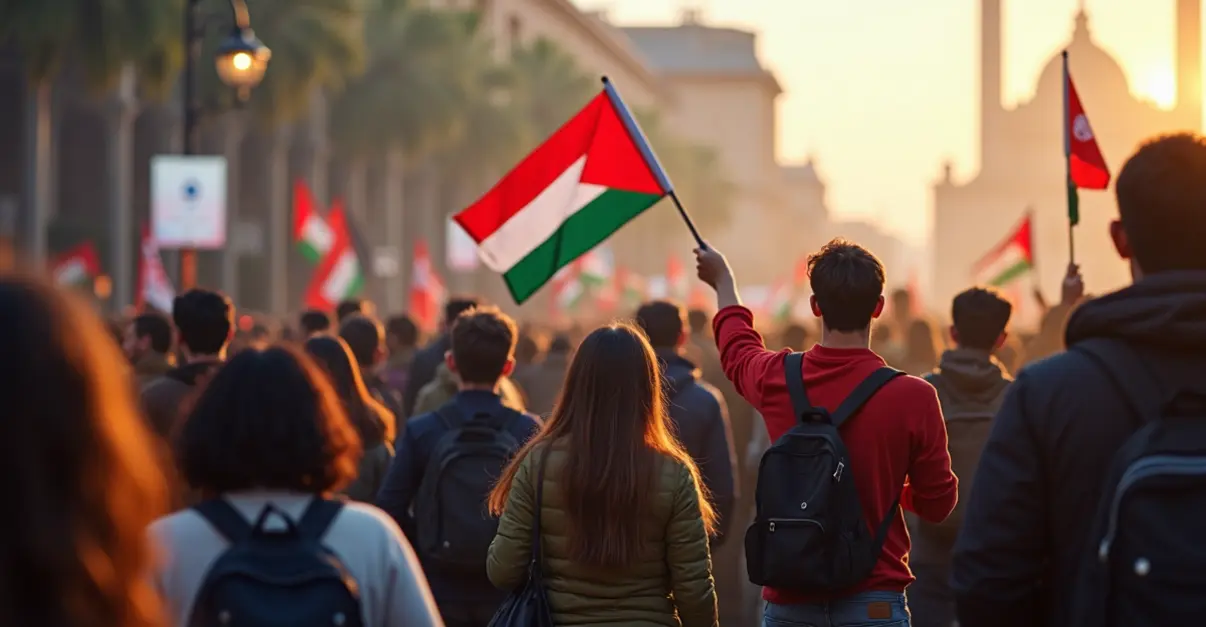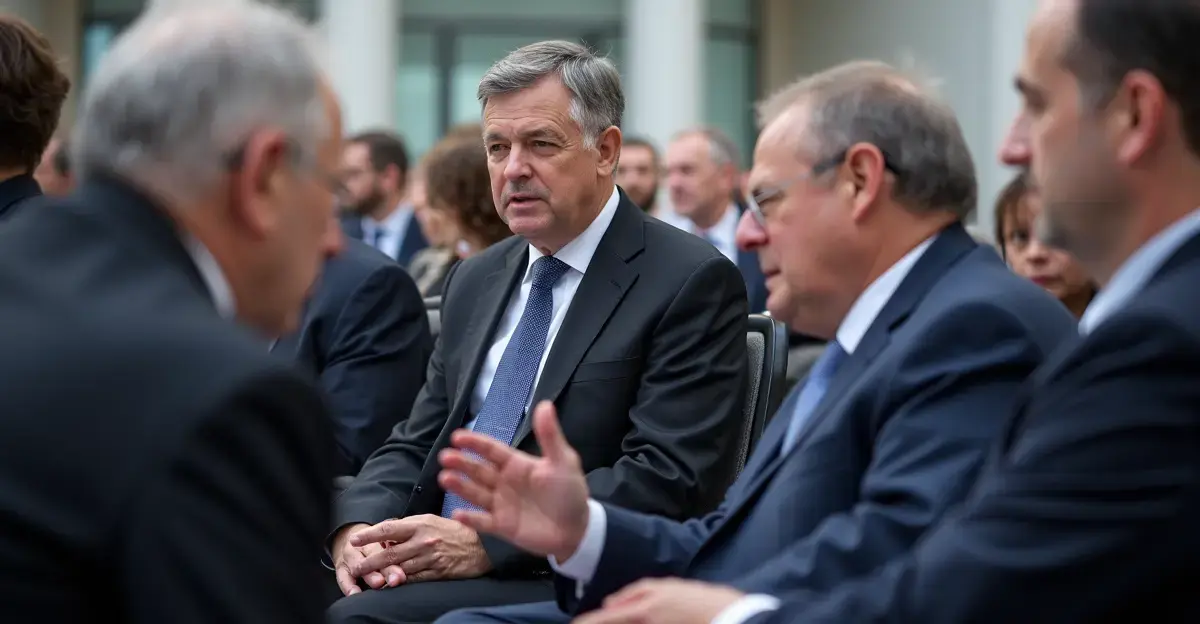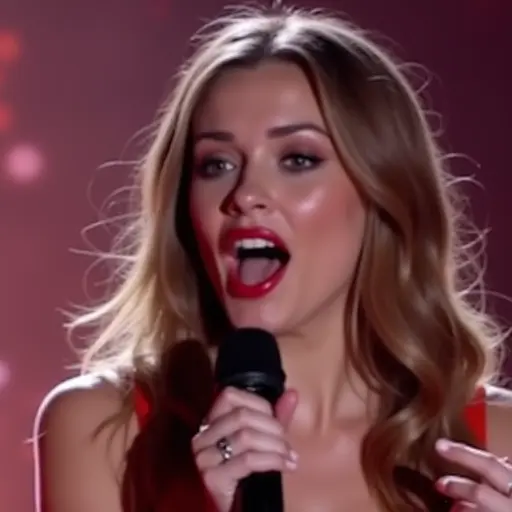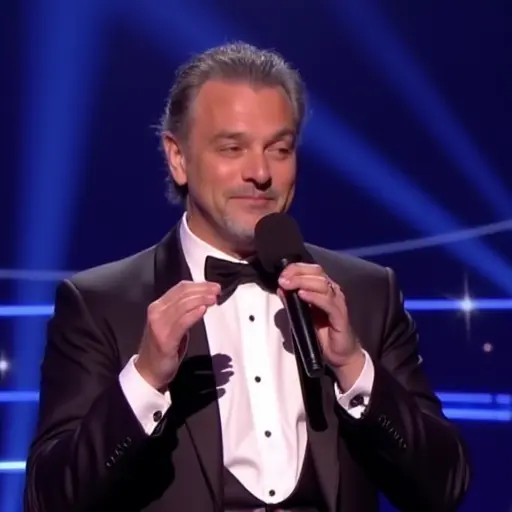Russia's Alternative to Eurovision Crowns Vietnamese Winner
In a surprising turn of events, Vietnamese singer Duc Phuc emerged victorious at the inaugural Intervision Song Contest held in Moscow on September 20, 2025. The event, widely seen as Russia's response to being excluded from the Eurovision Song Contest, attracted participants from 21 countries across Asia, Africa, and South America.
Political Undertones and International Reactions
The competition, officially launched by presidential decree from Vladimir Putin in February 2025, was positioned as promoting "traditional values" in contrast to what Russian officials described as Eurovision's "perversion" and "abuse of human nature." Russian Foreign Minister Sergey Lavrov stated, "We stand firmly against attempts to use sport, art, and other human activities for political gain." despite the contest's obvious political dimensions.
Last-Minute US Withdrawal
In a dramatic development, the United States representative, Australian-born singer Vassy, withdrew minutes before her scheduled performance. Contest organizers claimed this resulted from "unprecedented political pressure from the Australian government," though neither Australian nor US officials confirmed these allegations.
Victory and Future Host
Duc Phuc's winning performance, blending pop, rap, and dubstep elements, earned him the crystal trophy and a prize of 30 million rubles (approximately €300,000). The Vietnamese artist announced plans to donate part of his winnings to Russian charities. The event concluded with the announcement that Saudi Arabia will host the 2026 edition, a country similarly accused of using major events for international image enhancement.
The contest featured participants from BRICS nations (China, Brazil, India, South Africa) and various former Soviet republics, marking Russia's attempt to create an alternative cultural platform following its exclusion from European broadcasting events since the 2022 invasion of Ukraine.

 Nederlands
Nederlands
 English
English
 Deutsch
Deutsch
 Français
Français
 Español
Español
 Português
Português
